Topic: Scripting Forms: Grasshopper3D & Blender
Date: June 14 – 15, 2025
Time: 14:00 – 18:00 GMT
Format: Online on Zoom
Duration: 2 Sessions (8 Hours)
Registration Deadline: June 13th, 2025
Total Seats: 50 seats
Difficulty: Intermediate
Language: English
Certificate: Yes
General Registration: 100 EUR
Join free: with Full Access membership
Fee For Digital Members: 85 EUR (15% discount available only for Digital Members)
Organized By: PAACADEMY
Tutor: June Lee
Recordings: Recordings will be available for all participants afterward indefinitely.
Introduction to Scripting Forms:
This workshop will teach participants to create their own design languages, simple scripts that can be repeatedly used for future complex designs. This design languages workshop focuses on mastering the fundamental elements of Rhino Grasshopper and Blender 3D Geometry Nodes.
After completing this workshop, participants will feel confident filling blank design canvases and confidently applying their design languages to create intricate structures. Design languages encompass Organic Flow, Repetition, Random Generation, and Overlap.
This workshop will provide a design process categorized into point-based, line-based, surface-based design methods, along with useful utilities. These design methods enable participants to apply simple scripts to complex forms while exploring unexpected spaces. From inspiration to final geometries, the workshop will showcase the entire process of developing multiple concepts. Furthermore, this workshop covers creating render images and animations using Blender 3D’s Cycle Render.
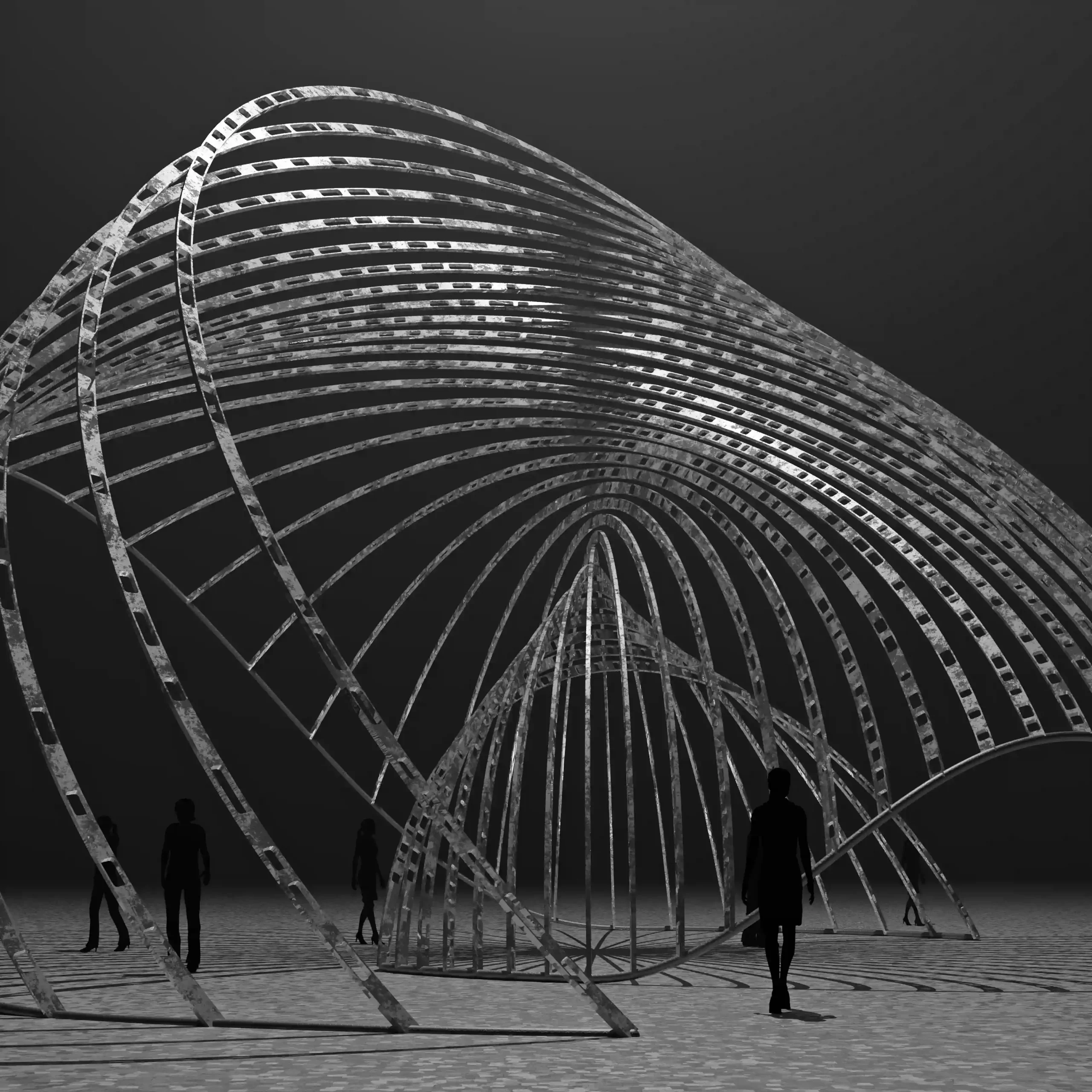

The Scope of Scripting Forms:
In this workshop, participants will acquire proficiency in designing multiple pavilions and their surrounding landscapes utilizing Rhino Grasshopper and Blender3D Geometry Nodes. The curriculum will equip participants with fundamental design languages and demonstrate how to combine them for their own design endeavors effectively.
The Grasshopper component will illustrate point-based, line-based, and surface-based design methodologies and useful utility functions. The Blender 3D Geometry Nodes section will also showcase mesh-based design and procedural materials settings. A comprehensive Blender 3D Cycle render tutorial will conclude the course.
The workshop will begin with an introductory session introducing and demonstrating various design language scripts in Grasshopper and Geometry Nodes. Participants will then explore different types of basic designs that combine two or three design languages. On the second day, a pavilion and its surrounding landscape will showcase an exemplary application of these multiple design languages, accompanied by a basic render tutorial.
During the workshop, participants will engage in an individual exercise where they will design their own forms using the workshop’s script while simultaneously incorporating an additional design language into their design. This supplementary design language has the potential for future universal use. Participants will also generate render images using the Cycle render engine.
On the second day of the workshop, participants will delve deeper into more complex applications of these rudimentary scripts. They will explore the potential for unexpected spaces that arise when combining their scripts. A more detailed render tutorial will be provided, along with procedural materials settings.
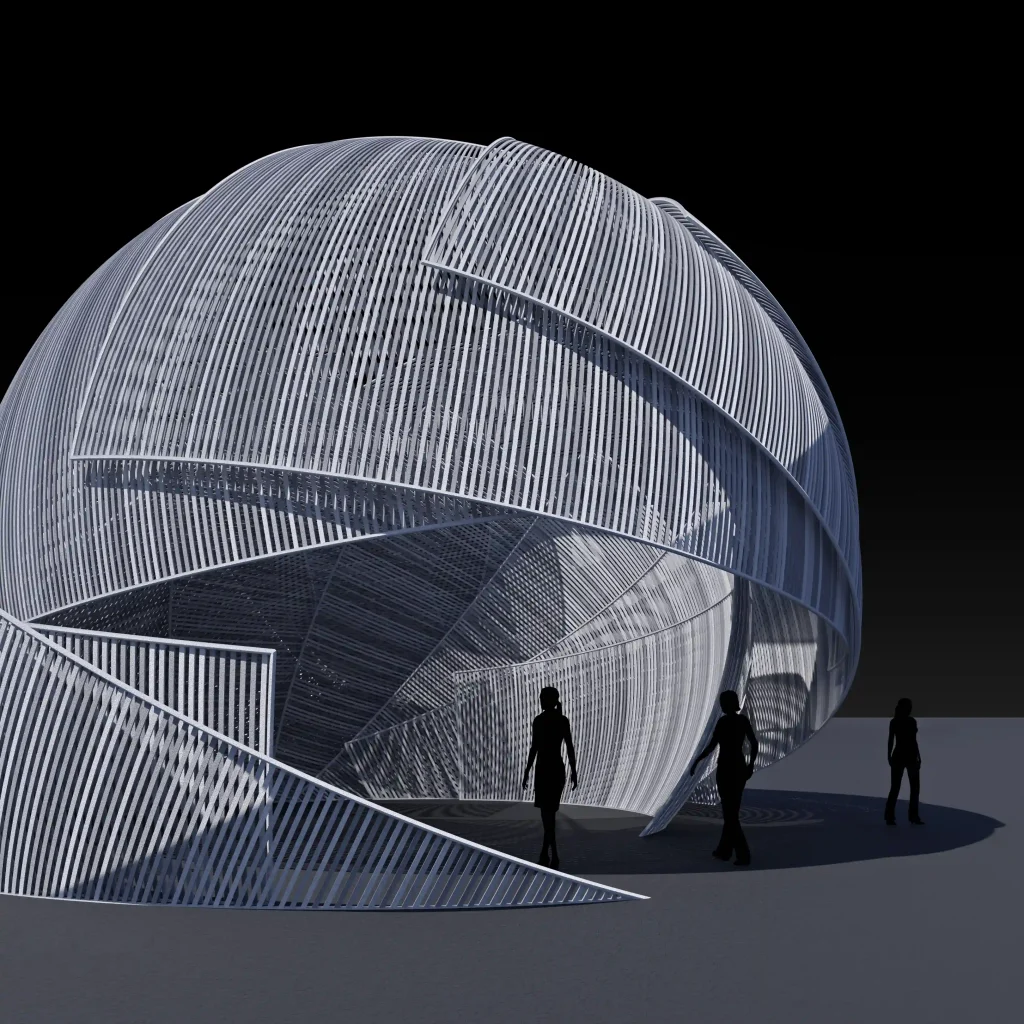
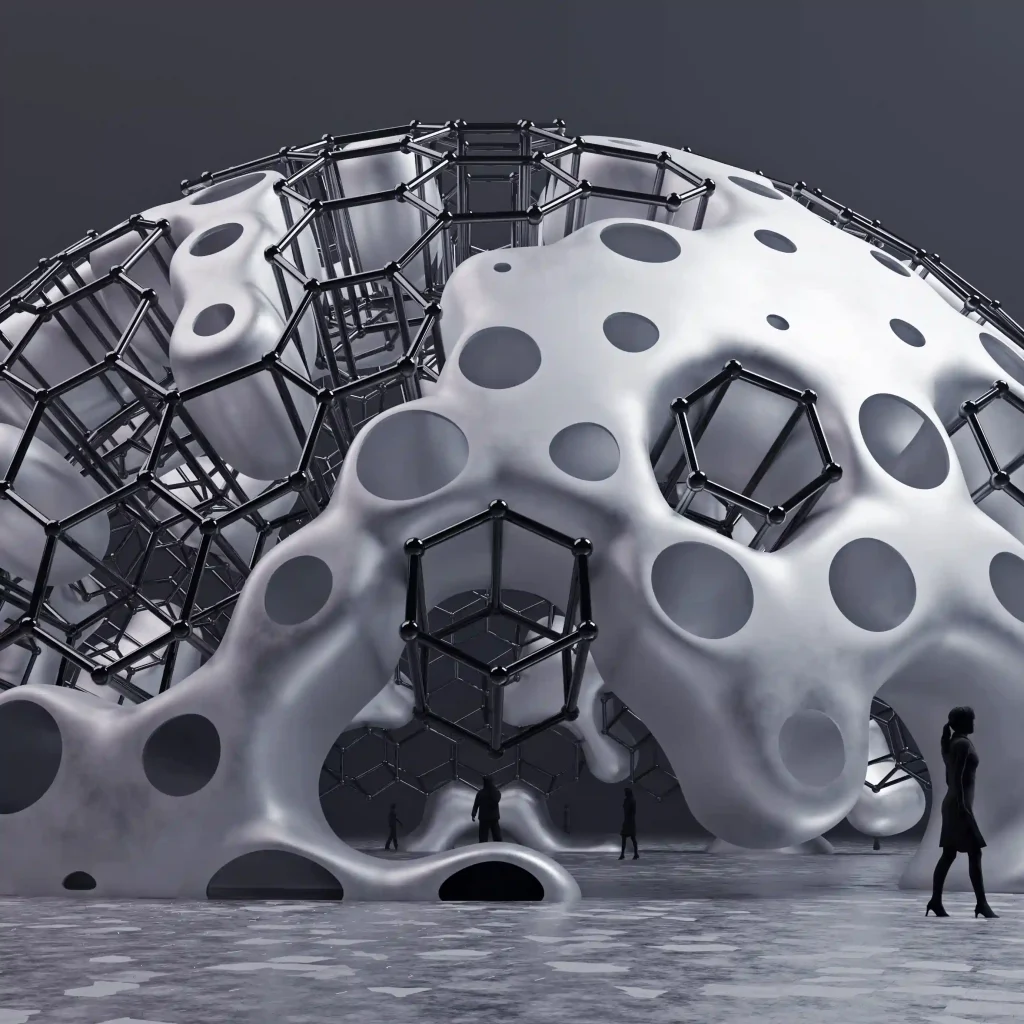
Key Learning Topics:
- Creating design languages using components in Grasshopper and Geometry Nodes.
- Analyzing design elements and developing conceptual parametric designs.
- Applying multiple basic design languages to construct complex structures.
- Enhancing Grasshopper and Geometry Nodes’ scripts to achieve more detailed designs.
- Blender3D Cycle Image and Animation Render.
Program:
Day 1
Webinar Intro
- Introduction to June Lee’s design process
- Design Language and application strategy
Intro to Grasshopper Interface and GH Design Language
- Grasshopper Design Languages: Random
- Grasshopper Design Languages: Curve-Based Design
- Grasshopper Design Languages: Surface-Based Design
- Grasshopper Design Languages: Pattern
- Grasshopper Misc: Utility
Intro to Blender Geometry Nodes
- Blender Cycle Render
- Q&A and Assignment
Day 2
- Advanced Design Grasshopper applying multiple design languages
- Advanced Design Geometry Nodes
- Advanced render: Setting up material and lighting in Blender cycle render
- Q&A
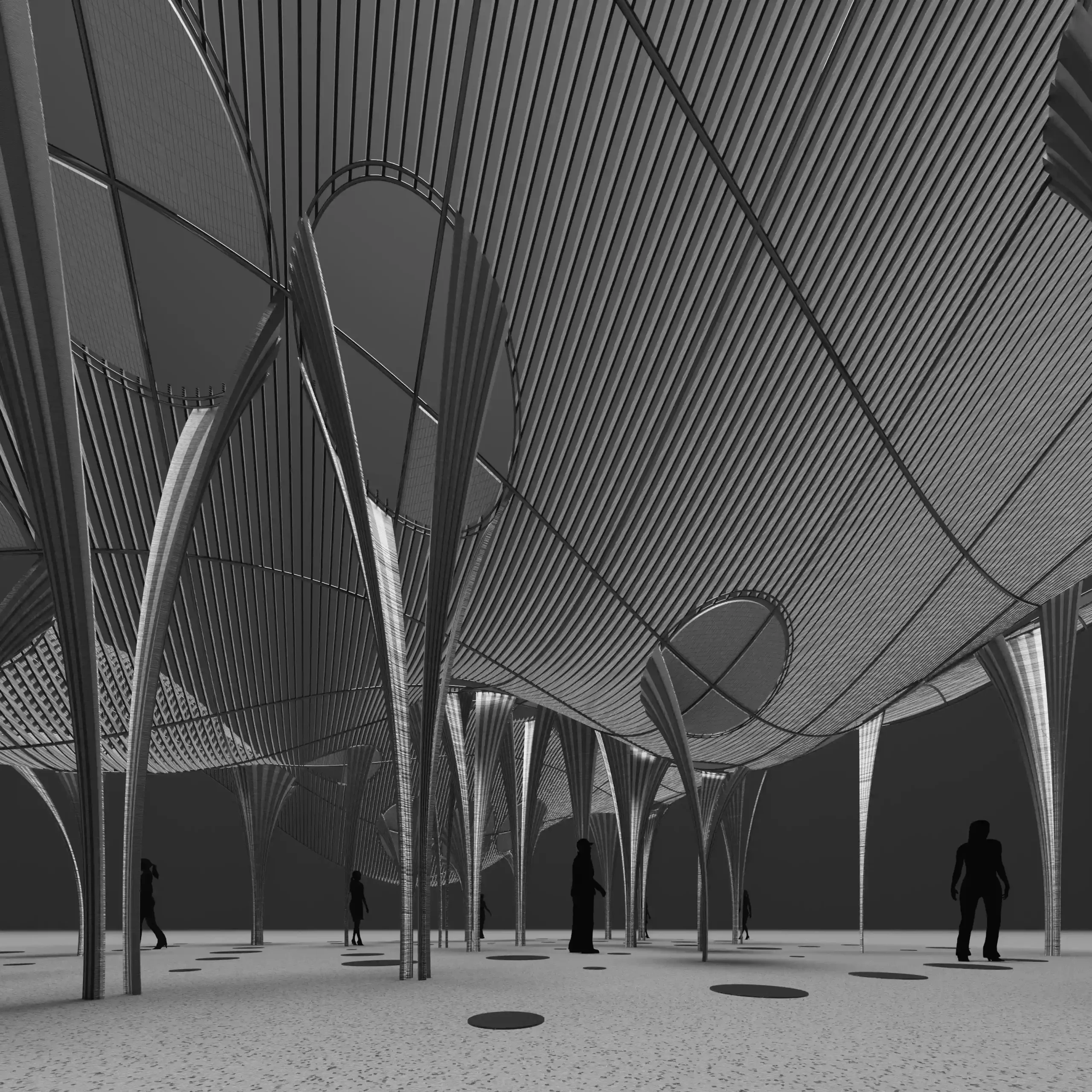
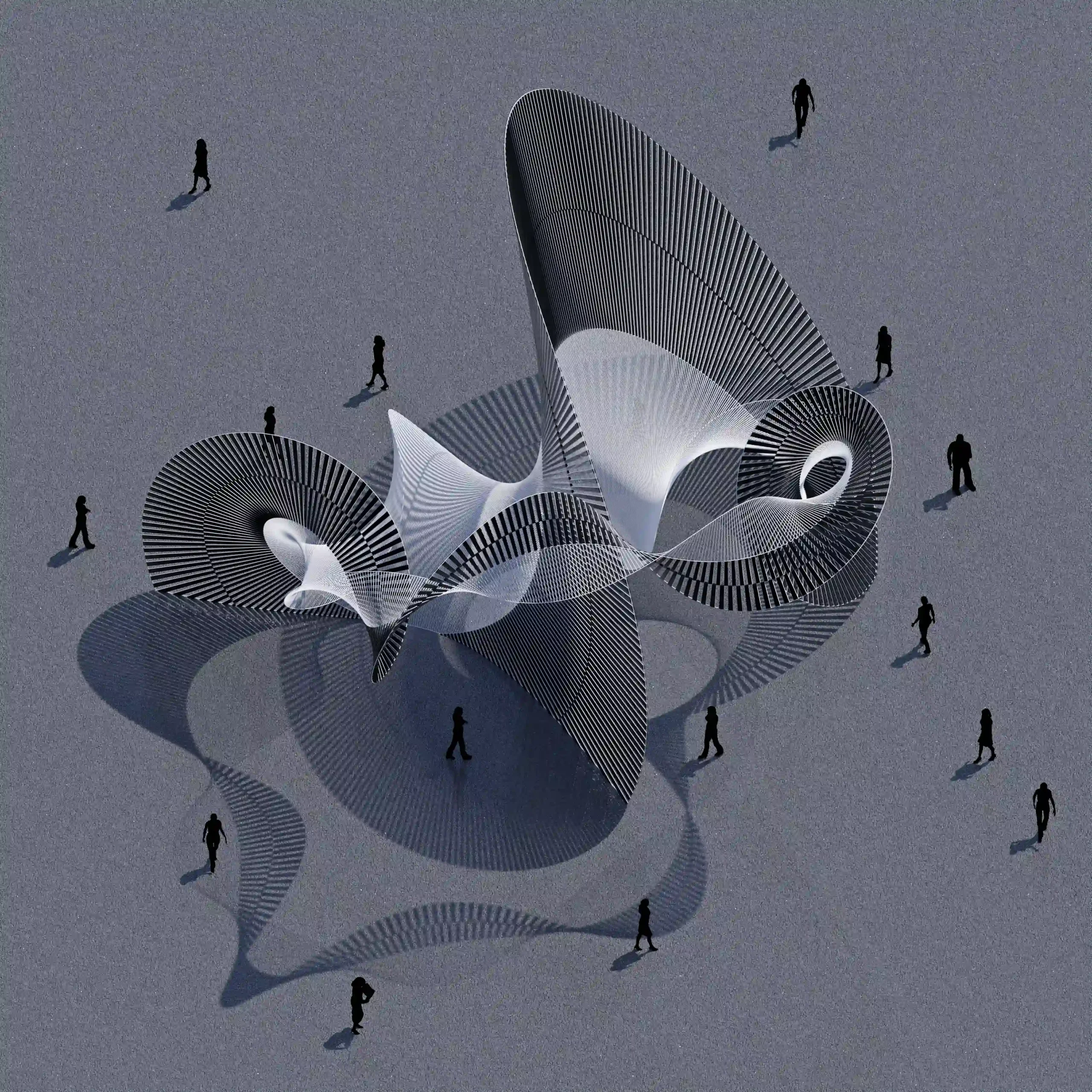
Software
Plugins:
Workshop Notes:
- Please ensure you have all the software installed before the workshop starts. Software installation is NOT a part of the workshop.
Instructor:
June Lee

June Lee is a New York-based architectural designer and artist who creates conceptual spaces with parametric geometry, as well as a series of abstract designs and artworks. His expertise lies in abstract concepts, enabling him to construct complex forms through simple processes and design languages.
Lee’s works emphasize the integration of organic flow, random generation, continuity, repetition, and overlap. He explores architectural elements on various scales by applying a consistent design concept, resulting in correlated works that serve as valuable sources of future inspiration.
Important Notes:
- The “Scripting Forms: Grasshopper3D & Blender” Studio workshop by PAACADEMY will start at 14:00 (GMT) on Saturday, June 14th, 2025.
- Total sessions: 2 Sessions
- The teaching duration per session will be 4 hours.
- Students will have time for a break between teaching hours.
- Each session and the entire studio will be recorded, and videos will be available for participants just a day after the class for unlimited time.
- PAACADEMY will provide a certificate of attendance.
- The studio has limited seats. Tickets are non-transferable & non-refundable. Please read carefully before you register.
Topic: Scripting Forms: Grasshopper3D & Blender
Date: June 14 – 15, 2025
Time: 14:00 – 18:00 GMT
Format: Online on Zoom
Duration: 2 Sessions (8 Hours)
Registration Deadline: June 13th, 2025
Total Seats: 50 seats
Difficulty: Intermediate
Language: English
Certificate: Yes
General Registration: 100 EUR
Join free: with Full Access membership
Fee For Digital Members: 85 EUR (15% discount available only for Digital Members)
Organized By: PAACADEMY
Tutor: June Lee
Recordings: Recordings will be available for all participants afterward indefinitely.
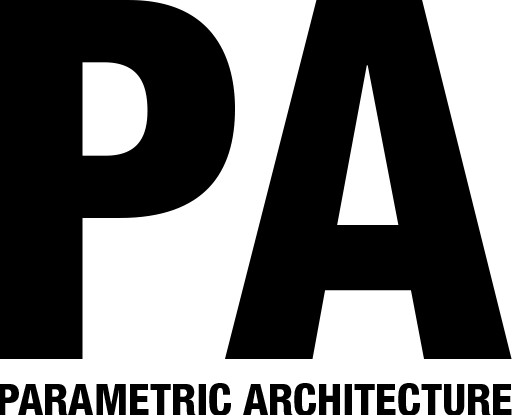


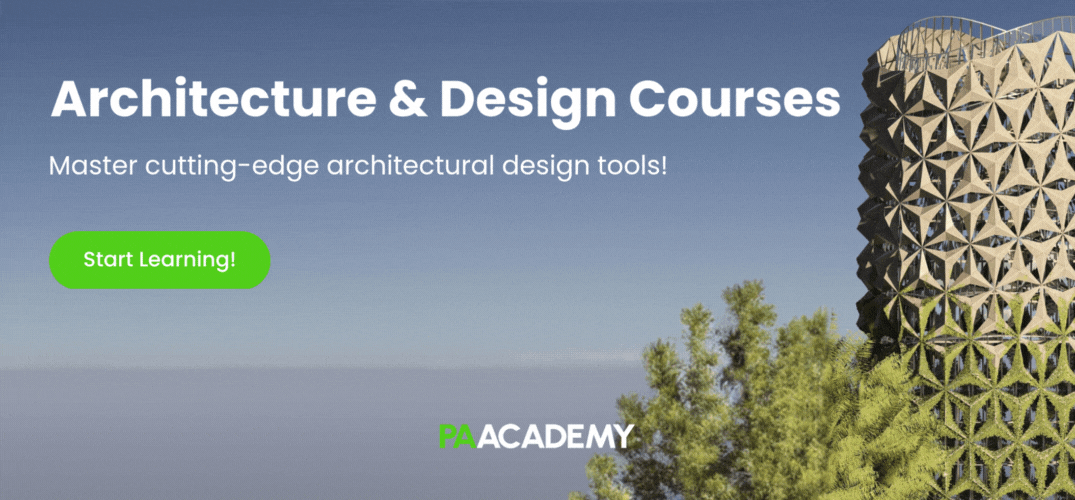
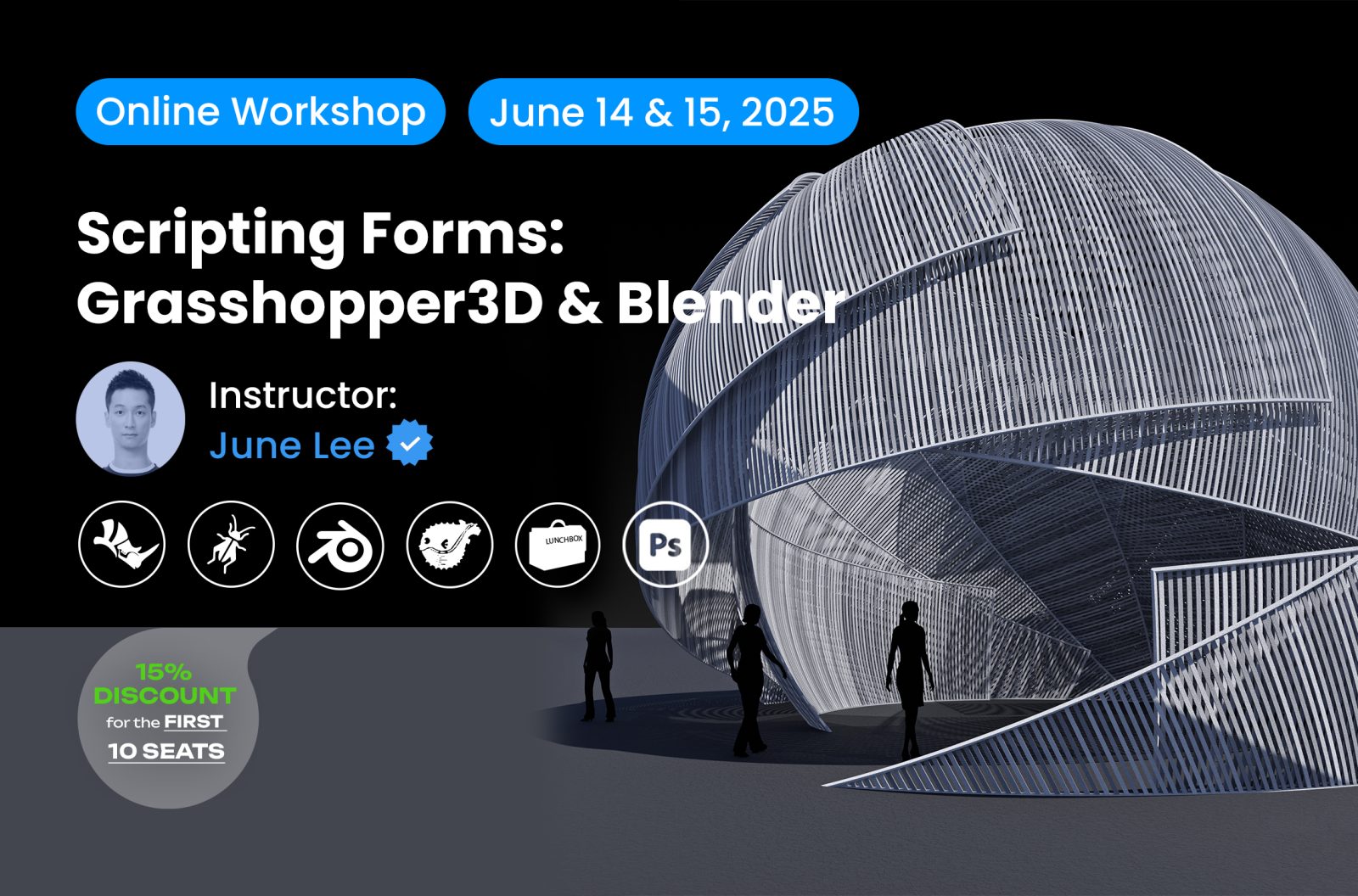
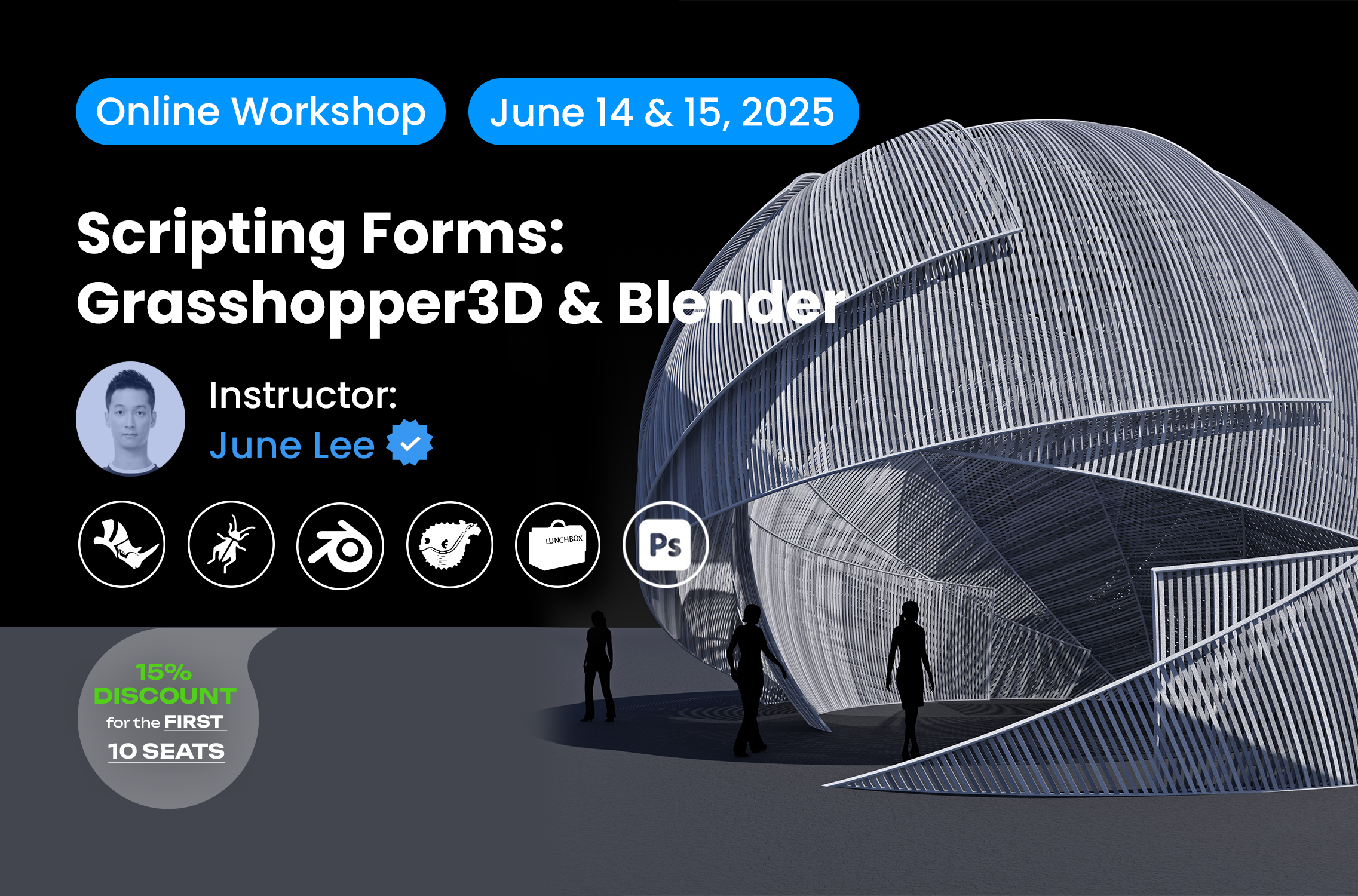
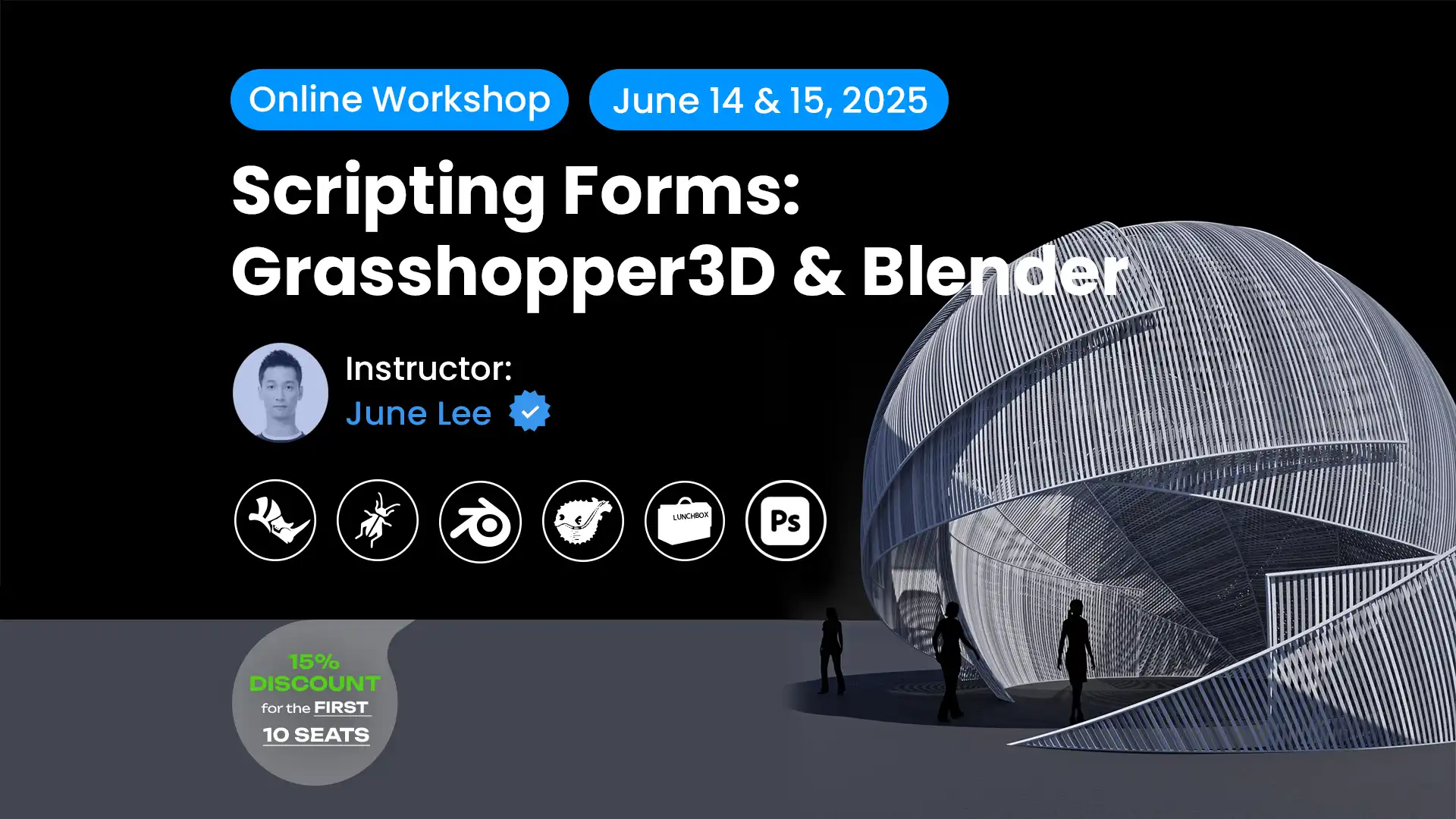

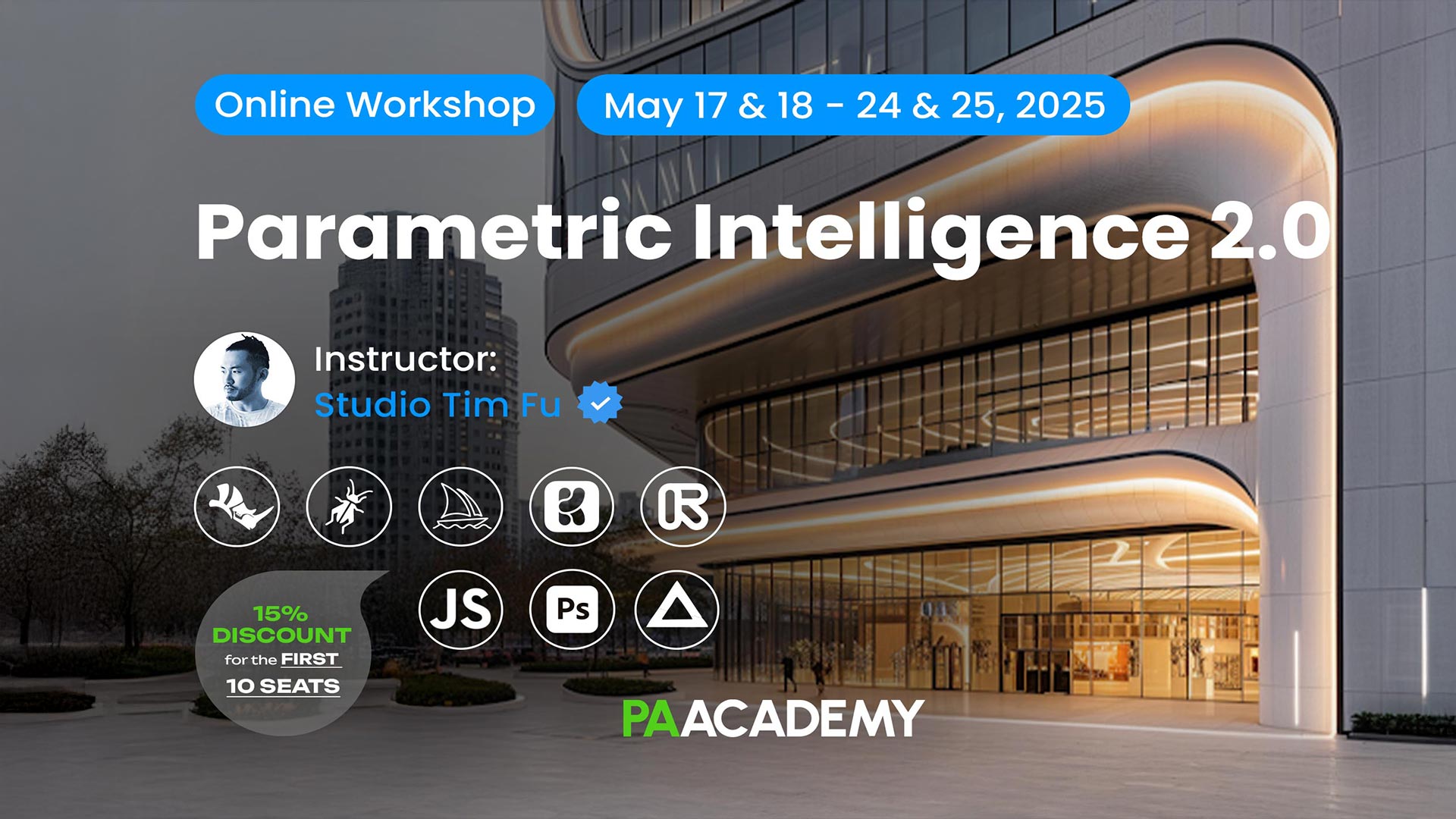
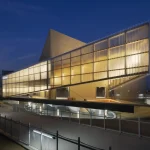


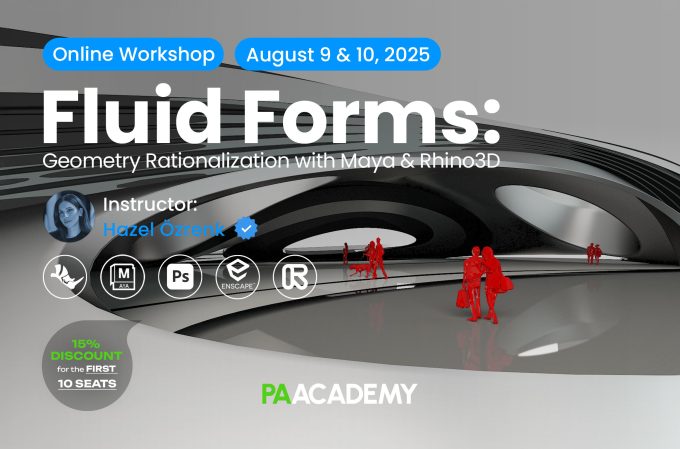
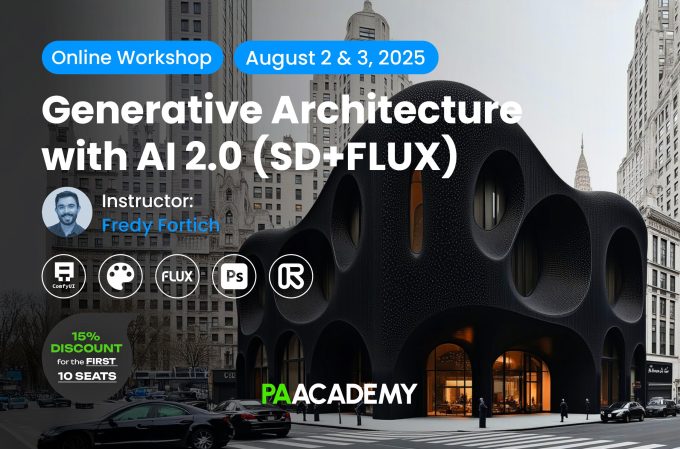





Leave a comment